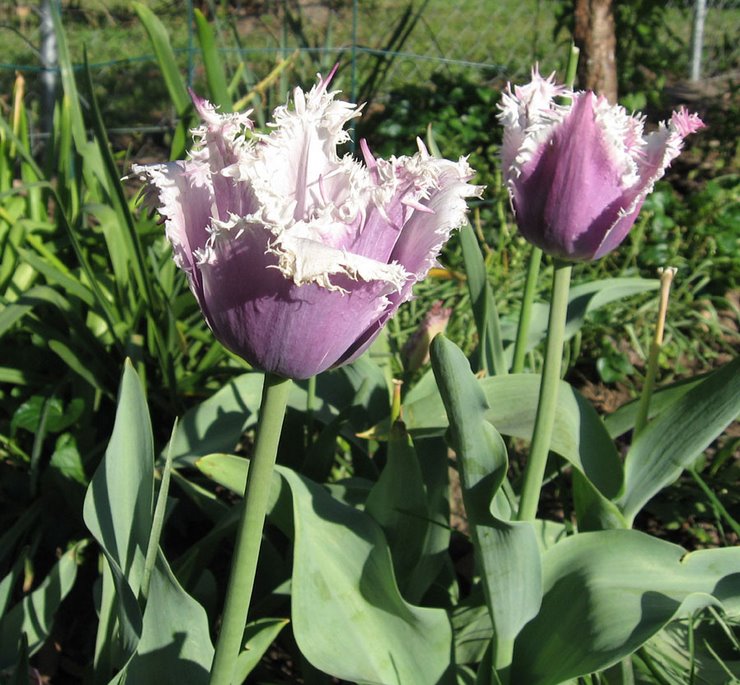This has been a especially bad summer for mosquitoes, with all the rain we've had. This evening I was making the rounds of my garden, emptying out things that hold water, where mosquitoes might hatch out. They only need enough water to fill a bottle cap to raise the next generation.
I have a lot of plant saucers in my yard. If a pot is too heavy to move easily, to get the saucer dumped out, you can use an old kitchen baster to remove the water. Just remember that mosquitoes only need a quarter inch of water to breed. Dump out and replace water in bird baths and pet dishes two or three times a week.
Check for areas under thick, low-hanging bushes that may stay moist. Mosquitoes rest in tall vegetation, so keeping your yard mowed and bushes trimmed and free of undergrowth will discourage them from hanging around.
Leaves collecting in gutters can block enough water for mosquitoes to breed, so it's advisable to check them several times over the summer.
Fish will help eat mosquito larvae in a pond, but if some areas of the water are less than an inch deep, fish can't reach the larvae there. Look for shallow water in the top of a pot, or on leaves of aquatic plants, or among rocks. Keep landscape plants surrounding the pond trimmed back so they do not touch the surface of the water, as this will give mosquito larvae shelter from fish, as well as being a base for algae growth.
Rain barrels are a great way to save rain water for your garden, but make sure they don't become a nursery for mosquitoes. Bti, a naturally-occurring bacterium, is an effective control of mosquito larvae, but is safe for fish and wildlife. It is available in rings which you put in a pond or rain barrel once a month. Some people use olive oil in their rain barrels. A tablespoon of it makes a layer on top of the water that should prevent mosquitoes. Replace it after any substantial rainfall.
Mosquitoes can take a lot of the fun out of summer activities, and bring the risk of disease. It's worth it to take a few minutes now and then to keep them from multiplying in your yard.

No comments:
Post a Comment